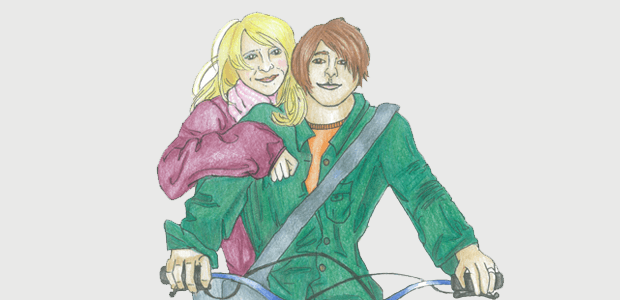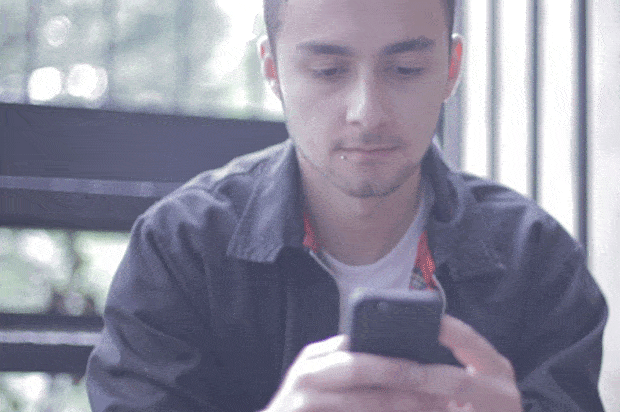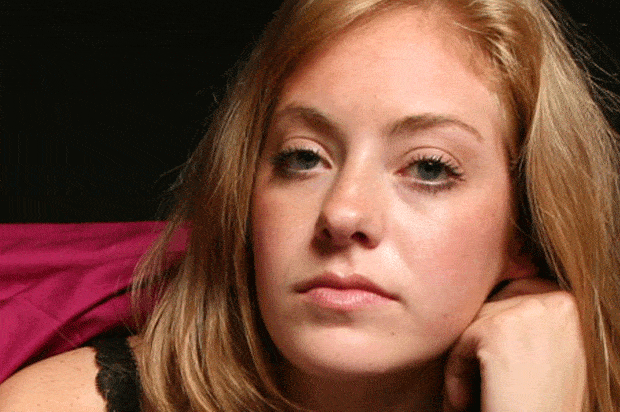Our relationship isn’t defined by my BPD
Jay explains having a relationship when you have BPD is possible.

TheMix_Staff
I’m Jay. I’m in my early twenties, am happily married and live in the UK. I divide my time between part-time work, university study and treatment for my mental health problems. I’m diagnosed Borderline Personality Disorder (BPD), with a history of depression and anorexia.
BPD is typically characterized by impulsive self-destructive behaviour, intense mood swings and a disconnection from sense of identity. It is also strongly associated with other mental health problems. Unsurprisingly, many people with BPD struggle to make and keep positive relationships. However, it is certainly not impossible.
Making the commitment
My wife and I have been married for a year, and have been together for six years in total. I feel incredibly lucky: our relationship has given me a sense of security, helped me regain trust in people, and increased my self-confidence. At a basic level, it’s just lovely to share experiences with someone and feel as though you’re living with your best friend!
It hasn’t all been easy, though. The effects of my illness have presented numerous challenges to our relationship. The biggest issue has surrounded my personal safety. Over the years, I have often been physically unwell as a consequence of starving myself, taking large overdoses and severely cutting myself. During these times my partner has taken care of me, in addition to coping with her own fear that I might one day kill myself. As much as I appreciate her support and it would be incredibly isolating to go through alone, I do feel guilty that I cause so much worry and this is a further emotion to cope with.
A wife and a carer
Since living together, there are additional things my partner has taken responsibility for when I am very unwell (housework, finances, dealing with other people). Whereas many married couples are able to look to the future, we only feel able to plan into the short-term. Even everyday activities can be dictated by my mental health. For example, I may feel too depressed to go out together, my eating disorder may make eating dinner difficult, and if I have self-harmed I may be bed-bound for several days. The key difference from being in a short-term relationship is the extent to which every aspect of my life now impacts upon her both emotionally and practically. She has occasionally required time off work as a carer, and this is something that neither of us envisaged during the start of our relationship.
Saying what you need
The experiences described above may seem at odds with my saying how great it is living with your best friend. In reality, we’ve just found ways of managing the stress whilst still appreciating the good things that brought us together. Mostly, this comes down to openly communicating with one another; not just telling each other how we feel, but being clear about what we want from each other. We also make sure that our lives do not solely revolve around mental health. Deliberately chatting about other things and sharing hobbies such as cycling and music means that our relationship never becomes defined by my BPD.
Although distraction is useful, we also cope by accepting the situation and adopting a positive perspective. For my wife, this means letting the professionals in my care do their job and understanding that she cannot ‘cure’ me. For me, it is about drawing personal strength from my experience of mental health problems. I believe I am a more empathic person as a consequence of my experiences, and this can be a real strength when supporting wife through her own problems.
Having a successful long-term relationship despite BPD is absolutely possible, and although it does come with some unique complications, for us, the positives outweigh these. Loving somebody and being loved in return provides me with a real sense of happiness, safety and value in life. These things are important for anyone, but for someone with mental health problems they can also provide motivation to change and recover.
If I could provide any advice for anyone in a similar position to me, it would be to have faith in the possibility that someone can accept you for the way you are. Relationships can be difficult, but they are often the most meaningful things in our lives and it’s therefore really important to make sure they are positive ones.
This post was written by Jay and originally appeared on The Mix’s sister website Madly In Love.
Published on 23-Feb-2016
This post was submitted as part of 'Madly in Love’ campaign. Take a peek at our other submissions and get involved by creating your own content!
Madly in Love
Mental health can affect your love life in many different ways. Share your story.
No featured article














